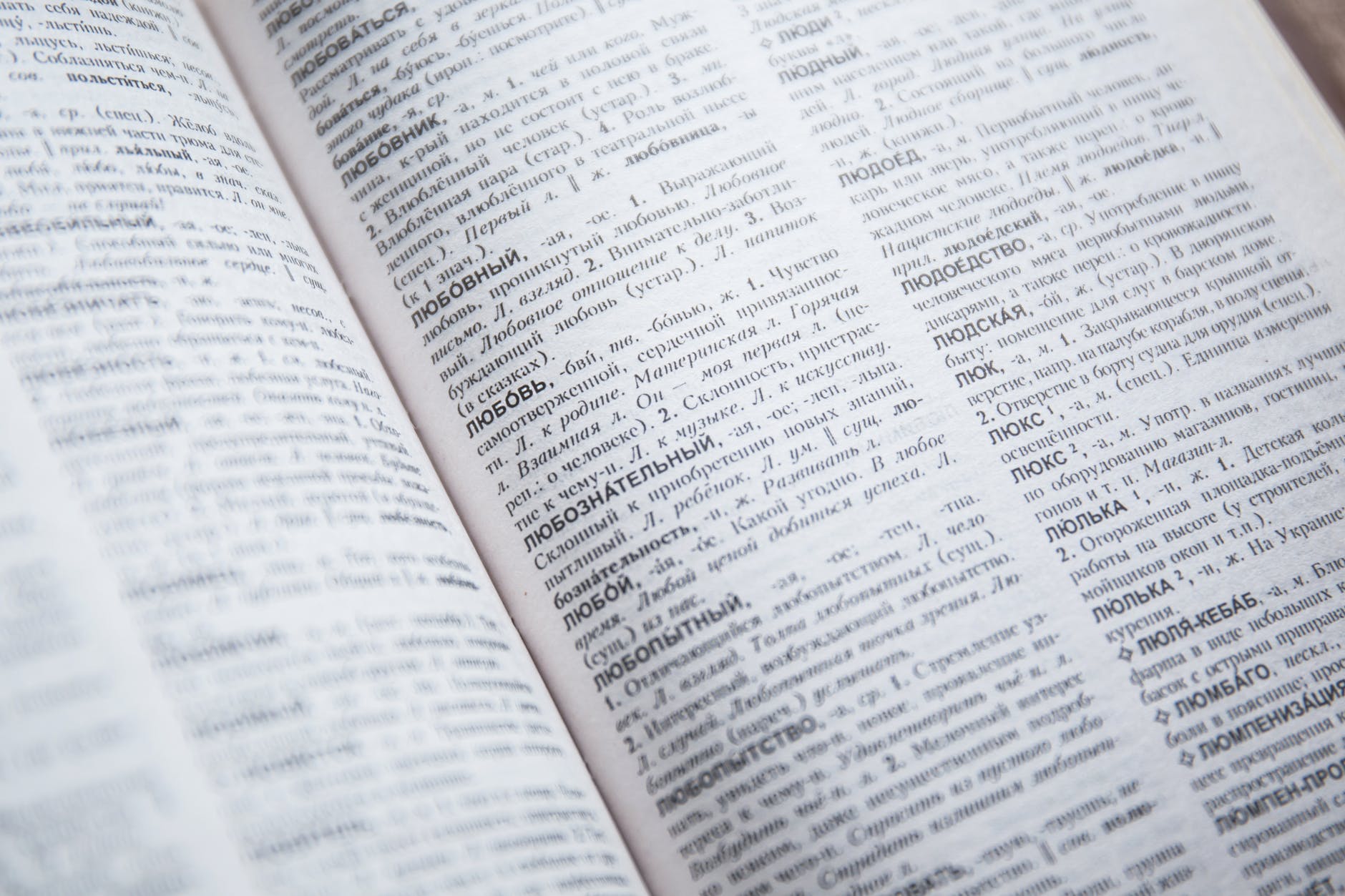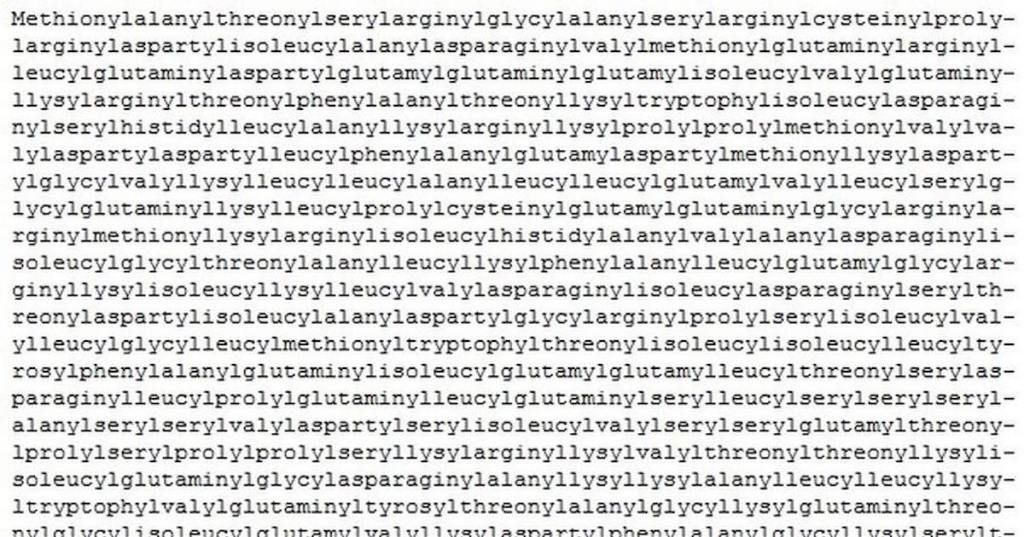Words are super fun, if you ask me and the other word nerds of the world. They’re interesting, they lend us insight, and sometimes, they just make for fun trivia.
Like, for instance, the answer to the question, “what’s the longest word in the English language?”
If you don’t know the answer, hold on – you’re about to!

Image Credit: Pexels
And no, the answer isn’t “antidisestablishmentarianism.”
It would take you three and a half hours to say the longest word in the English language, because it’s 189,819 letters long.
Methionylalanylthreonylserylarginylglycylalanylserylarginylcysteinylprolylarginylaspartylisoleucylalanylasparaginylvalylmethionylglutaminylarginyl…..(and on and on and on) ….leucine.
What is it?

Image Credit: Pexels
The full, technical name of a protein that’s colloquially known simply as titin. It’s a folded, spring-like protein that helps our muscles stay elastic.
Some people – even some linguists – don’t believe it qualifies, since its a scientific term and doesn’t show up in the actual English dictionary.
If we’re not counting that one, here are a few more contenders:

Image Credit: Pexels
Pneumonoultramicroscopicsilicovolcanoconiosis is the longest word in the Oxford English Dictionary at 45 letters. But… it’s not technically a word. In fact, the dictionary says the word, “a factitious word alleged to mean ‘a lung disease caused by inhalation of very fine silica dust usually found in volcanos’ but occurring chiefly as an instance of a very long word.”
The longest nonsense word (that we all love) is Supercalifragilisticexpialidocious (34 letters).
And the traditional favorite, Antidisestablishmentarianism, clocks in at 28 letters. What does that mean? It’s used to refer to a 19th century political party that opposed the disestablishment of the Church of England – not that anyone really remembers that, now.
There you go – do you feel smarter now? I know I do, and that means it was all worth it!






